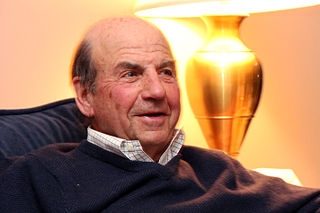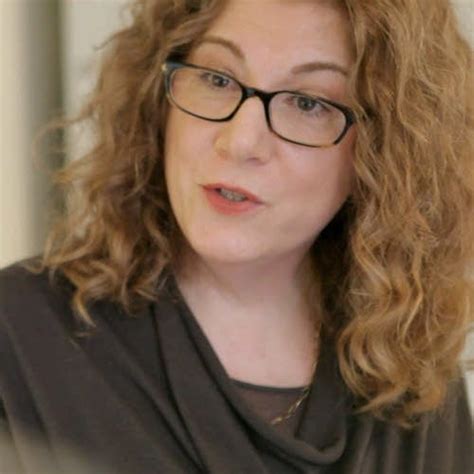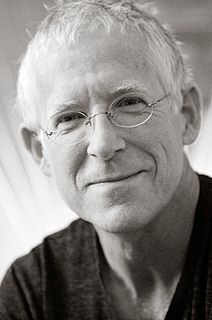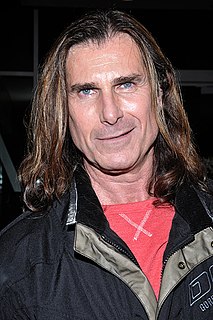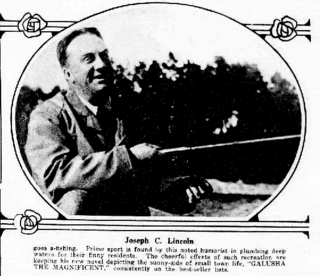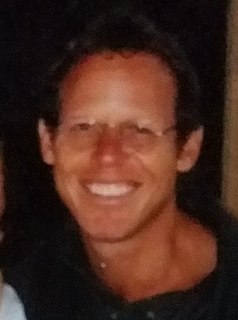A Quote by Calvin Trillin
Given the clientele, the restaurants on Capri might resemble those fancy Northern Italian places on the East Side of Manhattan where the captain has taken bilingual sneering lessons from the maitre d' at the French joint down the street and the waiter, whose father was born in Palermo, would deny under torture that tomato sauce has ever touched his lips.
Related Quotes
My grandfather and his wife came to America at the end of the 19th century from Hungary. Everyone started out on the Lower East Side. They became embourgeoise and would move to the Upper West Side. Then, if they'd make money, they'd move to Park Avenue. Their kids would become artists and move down to the Lower East Side and the Village.
God doesn't seem to talk to people like he used to. Who's he talking to now? I don't know. Then I'm walking down the street in Manhattan one day, and I realize maybe it's those guys you see walking down the street talking to themselves. You know, those guys that are like, 'I can't! No, I can't!' Maybe the other side of that conversation is God going, 'You're the new leader.' 'No I can't!' They're not crazy - they're reluctant prophets.
It is not strange that some of our revoltes preach trial marriage: for the only safe way to marry them at all would be on trial. Until you had definitely experienced all the human situations with them, you would have no means of knowing how, in any given situation, they would behave. They might conform about evening-dress, and throw plates between courses; they might be charming to your friends, and ask the waiter to sit down and finish dinner with you. Or they might in all things, little and big, be irreproachable. The point is that you would never know.
Sometimes I'd see my father, walking past my building on his way to another nowhere. I could have given him a key, offered a piece of my floor. A futon. A bed. But I never did. If I let him inside I would become him, the line between us would blur, my own slow-motion car wreck would speed up. The slogan on the side of a moving company truck read TOGETHER WE ARE GOING PLACES--modified by a vandal or a disgruntled employee to read TOGETHER WE ARE GOING DOWN. If I went to the drowning man the drowning man would pull me under. I couldn't be his life raft.
The past was a consumable, subject to the national preference for familiar products. And history, in America, is a dish best served plain. The first course could include a dollop of Italian in 1492, but not Spanish spice or French sauce or too much Indian corn. Nothing too filling or fancy ahead of the turkey and pumpkin pie, just the way Grandma used to cook it.
